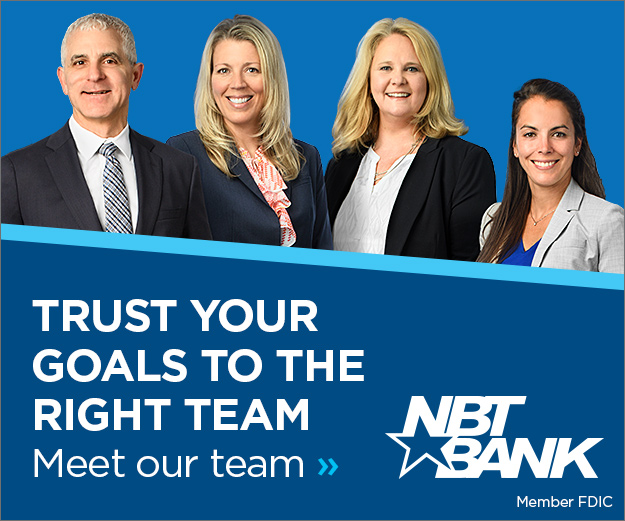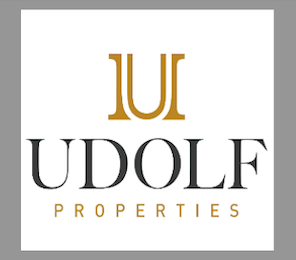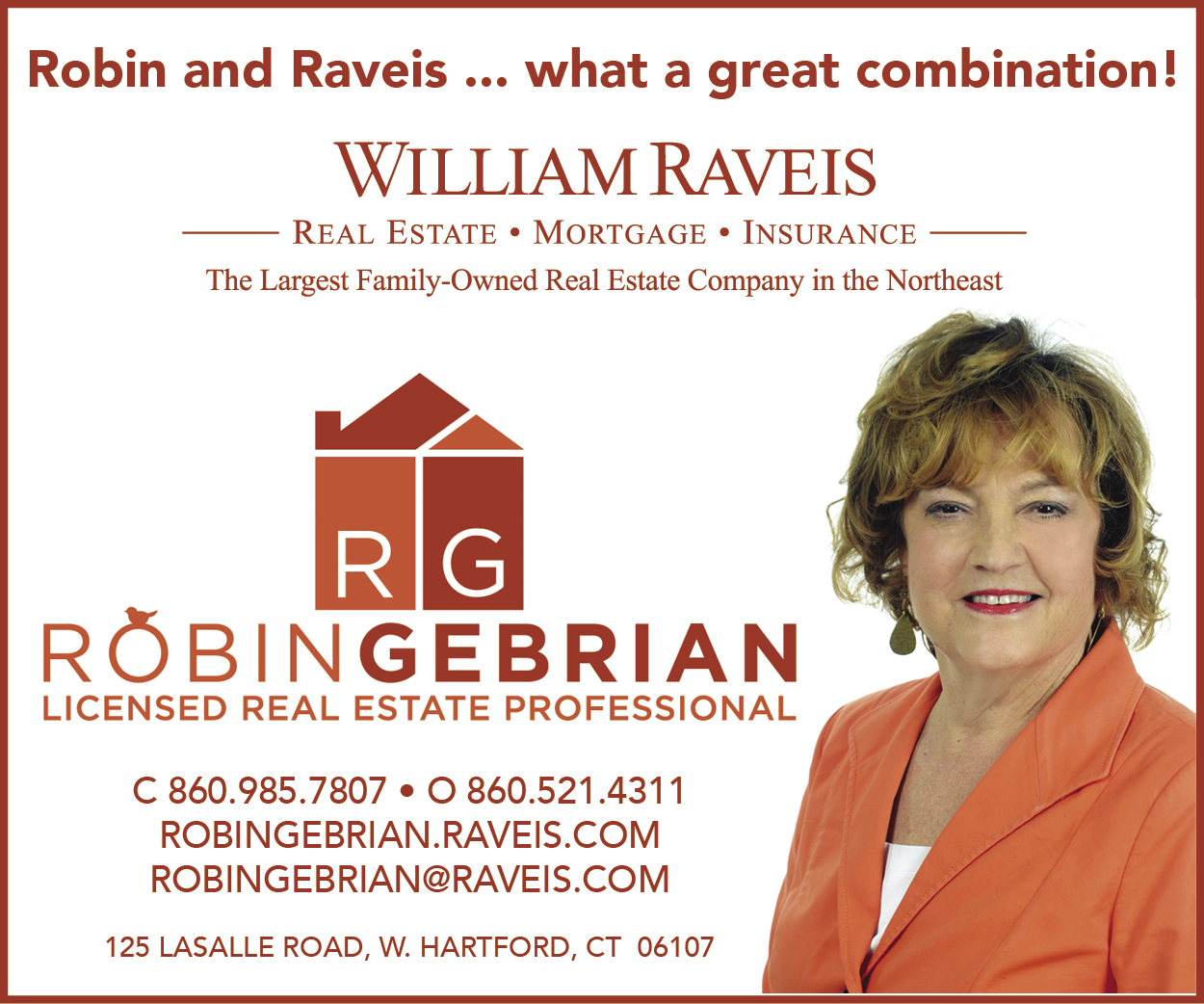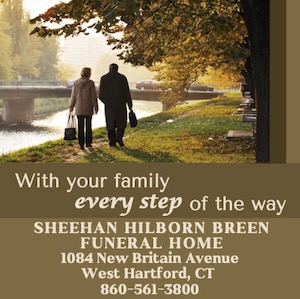After 22 years working in financial services, Michael Johnston had a change of heart – and a change of career. In 2008, he left Wall Street for the non-profit world, serving as CEO of United Way Western Connecticut. This month, the Wilton resident joined the Jewish Community Foundation of Greater Hartford as president and CEO. Johnston spoke with the Ledger about his reasons for redefining his legacy, and what he hopes to bring to his new position.
Q: What led to your decision to join the non-profit world?
A: There was a decade where a lot of very significant things happened in my life and I reached the conclusion that I needed to be doing something more significant with my life, something more meaningful and satisfying, with an emphasis on giving back to the community.
From 2000 to 2007, my mother-in-law passed away, I lost both parents, my wife lost her stepmother, and I had friends in the World Trade Center on 9/11. Things like that have a way of making you look at your life and evaluate if what you’re doing is what you want to be doing, and if it’s important to you. One of the things we think about is whether we want to carry on the legacy of our parents. My parents spent their lives giving of their time and effort and money and I figured out that that was the legacy I wanted to carry on and leave. I grew up in Minnesota and my parents were very deeply involved in a lot of things: my father was a volunteer chair of a board of an organization that ran a suicide-prevention hotline; my mother was a social worker with Bread for the World. They retired from active work and, rather than sitting on the porch rocking, they joined a senior citizens’ VISTA-type program and moved to southern California to run a Meals on Wheels program for two years. They were a very powerful model for me.
Q: Why did you decide to take the helm of the Foundation?
A: The Foundation is an extraordinary organization and it reflects a remarkable history of the Jewish community in greater Hartford, a long and philanthropic history. Being able to take the Foundation’s commitment to doing good and combining it with an aspect of my faith was very appealing. I wanted to help an organization that does great work in maintaining the vibrancy of a Jewish community. It’s lovely to begin my new position with a strong foundation, literally and figuratively, a very successful and strong foundation to grow upon.
Q: How have you been involved in the Jewish community?
A: I have served as president of Temple B’nai Chaim in Georgetown, where we’ve been members since 2001. I was asked to serve on the board of the Interfaith Council of Southwestern Connecticut a year ago. The organization does a lot of work around trying to find common ground amongst the faiths. Their “My Neighbor’s Faith” program is a wonderful opportunity for the faiths to come together and recognize the differences – but more significantly, the similarities – in our respective worldviews. The Council hosts meetings and conversations around various issues in our communities, like reducing gun violence and reducing discrimination. The faith communities share a long history of deep involvement in the Civil Rights movement.
Q: What are some of the challenges that most inspire you in your new position?
A: One thing that intrigues me is that communities, and particularly Jewish communities, are now facing an unusual set of challenges and changes over the next decade. The depth of the recession makes us think about what is “normal.” The demographics of the Jewish community are changing – like the rest of Connecticut, we are aging – and so we need to think differently about the type of resources we need and the types of programs that the community will require to enhance and ensure the continuity and success of the Jewish community. This will include everything from maintaining the integrity, strength, and long-term success of Jewish education, to helping the most economically disadvantaged, to grappling with issues of aging.
Another challenge I plan to meet is broadening our engagement of donors. We believe the Foundation has something that can make a difference in the community in a significant way and create a personal sense of satisfaction among donors. We have to acknowledge that, in a difficult economic time, volunteerism is needed more, not less. I plan to increase our social-media activity in ways that will inspire and engage existing and new philanthropists, especially the next generation of donors. There are many entry points where members of different demographic groups can engage with the Foundation.
Q: How does the Foundation, as a Jewish organization, differ from a secular community-oriented equivalent?
A: The Foundation doesn’t give money solely to Jewish causes, but has a Jewish ethical and moral lens. The Jewish community in greater Hartford and nationally and globally, based on our faith, has a view on the world about the way in which we treat each other and engage in the community. There is something unique about an organization whose job is to see the world through that ethical lens and to put our values to our work in a way that reflects those ethics. The Foundation funds arts, Jewish education, helping people make ends meet with housing and food – there are all kinds of challenges the Jewish community faces. Its mission is different from that of an organization like the United Way, which cares about the community at large but, as a secular organization, wouldn’t be a contributor to Jewish educational causes, for example.
Q: Where do you hope to take the Foundation during your tenure?
A: There is no lack of wonderful things for the Foundation to consider being engaged in. In working with the Foundation, I want to look at the longer-term changes in our community and begin to think strategically. Sometimes an organization faces day-to-day struggles, but the Foundation is in the fortunate position of looking at those programs and initiatives it can support now, while also looking at the issues to address over a longer period of time.
We are a vehicle for our donors: we have many donors in the community and each has a unique philanthropic interest guided by their own views of the world, and their faith, perspective, and experience. All our donors have different interests and needs and desires. The Foundation is able to serve as a vehicle for helping our donors achieve their philanthropic dreams. We are a vehicle for tikkun olam. We’re in a position where we can offer our donors tools and opportunities to find that dream and fulfill it, and make a huge impact on the Jewish community of Greater Hartford.
Jewish community endowment foundations have a history of being quiet; of not seeking attention. What we need to do is make sure the community of people we serve knows about us. One thing I brought to United Way and hope to do at the Foundation as well is to raise the profile of the organization. We will engage in more blogging and be more active on Facebook, Twitter, and LinkedIn. My hope is that, in a year or two or three from today, more people will be aware of us online and generally in the community. There’s potential value for us and for the community in letting the community know we’re here.








 Southern New England Jewish Ledger
Southern New England Jewish Ledger










